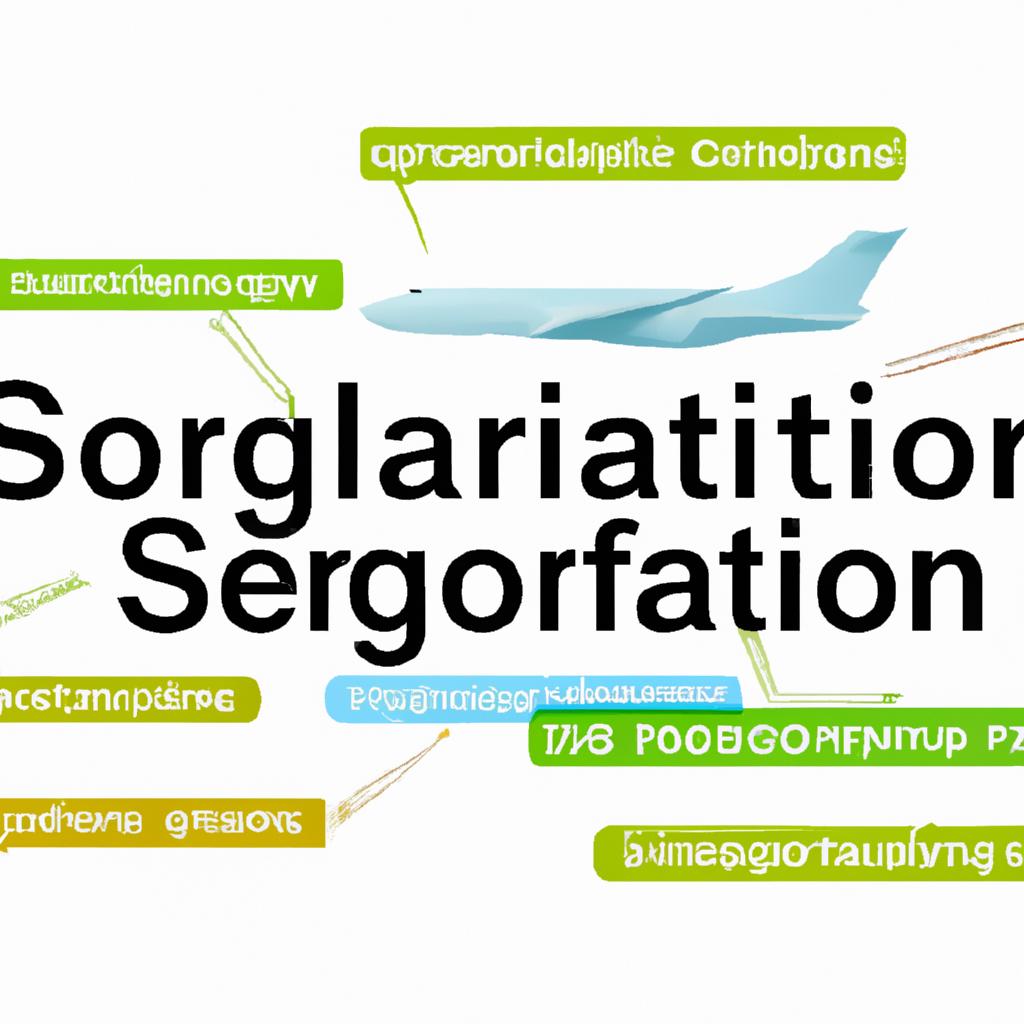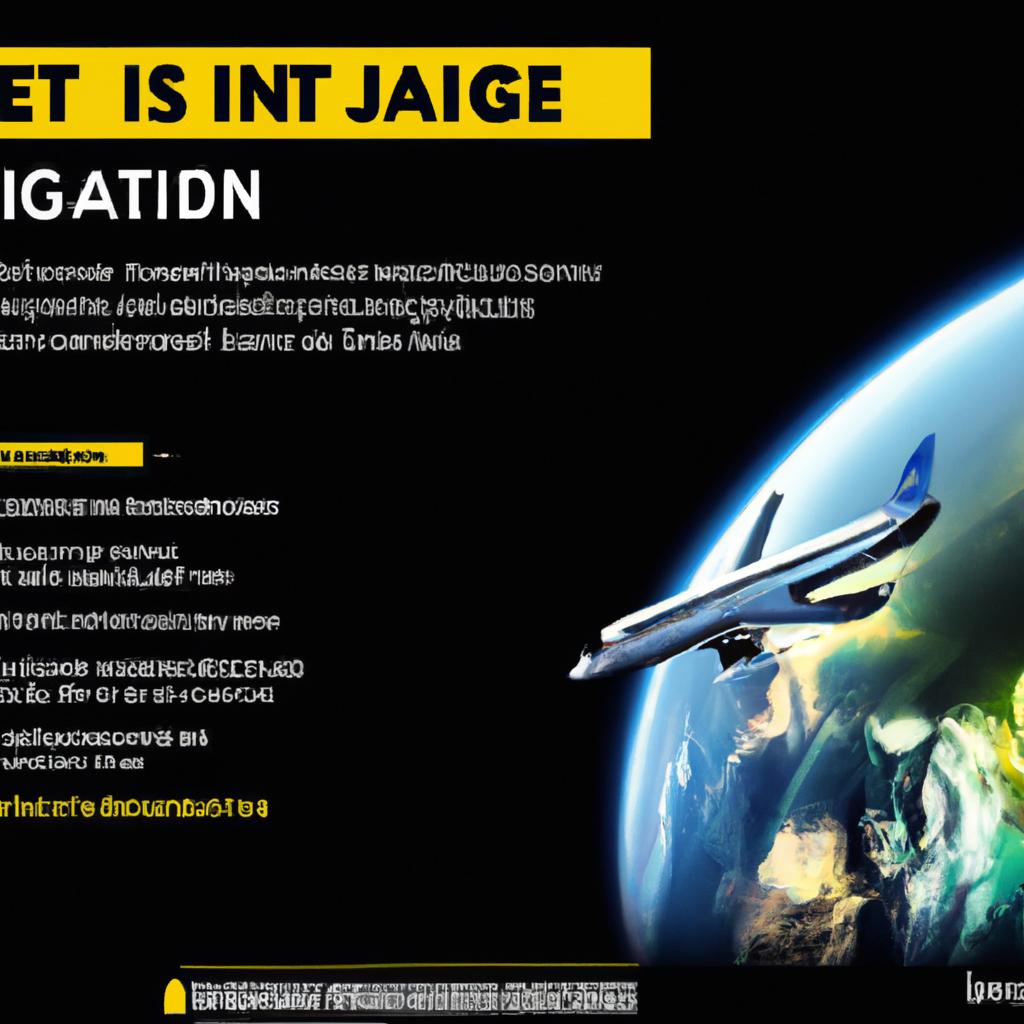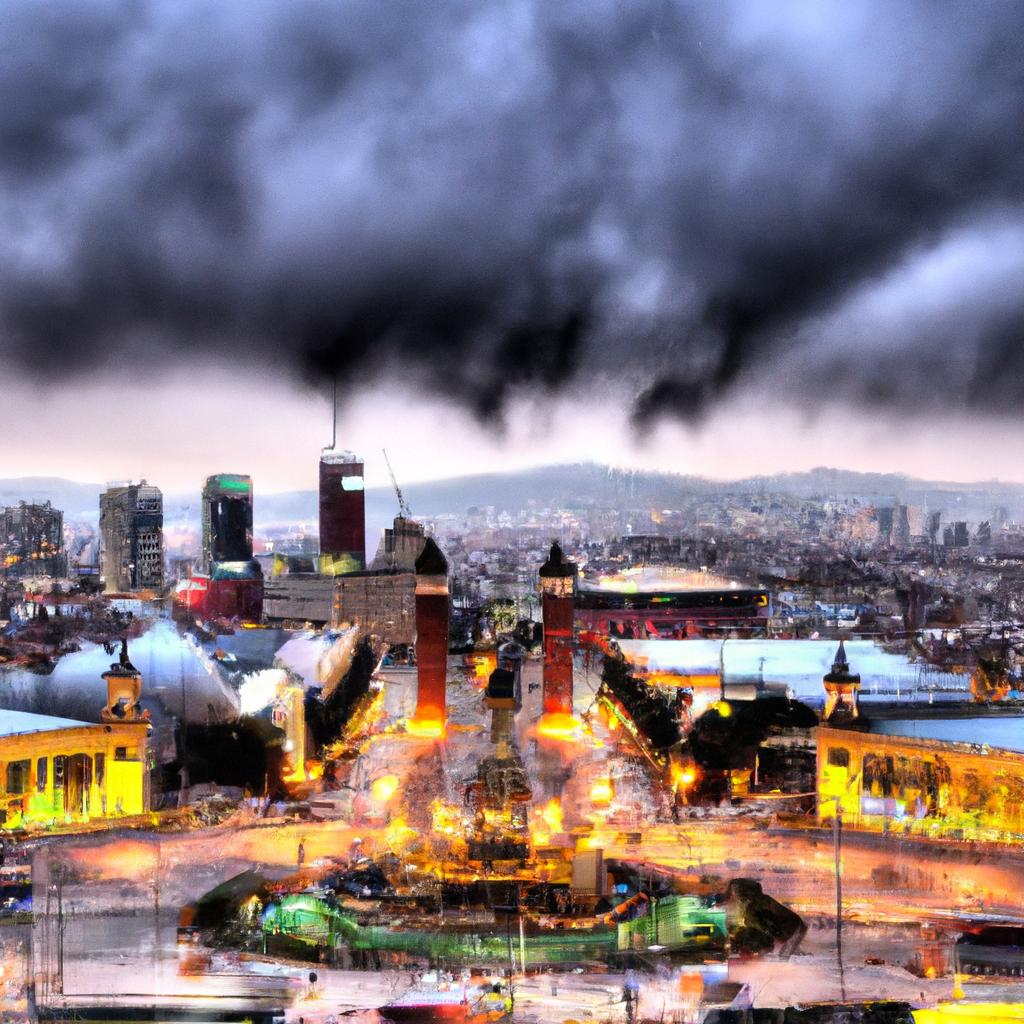As global efforts to reduce carbon emissions gain traction, the aviation industry is facing unprecedented challenges. From soaring jet fuel costs to the impacts of inflation, airfares are on the rise and show no signs of slowing down. In this article, we delve into the complexities of decarbonisation, explore the link between inflation and air travel costs, and uncover why passengers can expect to pay more for their flights in the foreseeable future.
Factors driving airfare cost increases
One significant factor contributing to the increasing cost of airfares is the rise in inflation rates. As the overall price level of goods and services in the economy continues to climb, airlines are faced with higher operating costs, from labor to maintenance to fuel. This inflationary pressure ultimately gets passed onto consumers in the form of higher ticket prices, making air travel less affordable for many individuals.
Another key driver behind airfare cost increases is the soaring price of jet fuel. Airlines rely heavily on jet fuel to power their aircraft, and any fluctuations in fuel prices can have a significant impact on their bottom line. With geopolitical tensions, supply chain disruptions, and global demand all affecting fuel costs, airlines are forced to adjust their pricing strategies to offset these rising expenses. As a result, passengers often find themselves paying more for their flights, as airlines seek to maintain profitability amidst these volatile fuel market conditions.
| Airfare Cost Drivers | Impact |
|---|---|
| Inflation | Rising overall price level leads to higher operating costs for airlines. |
| Jet Fuel Costs | Fluctuating fuel prices directly impact airlines’ expenses and pricing strategies. |
| Decarbonisation Efforts | Investments in sustainable aviation drive up costs for airlines transitioning to greener technologies. |

Impact of rising jet fuel costs on ticket prices
As jet fuel costs continue to rise due to inflation and global economic factors, airlines are being forced to pass these expenses onto consumers in the form of higher ticket prices. This means that travelers may have to budget more for their flights, especially for international or long-haul trips. The impact of rising jet fuel costs is also being felt in the industry’s push towards decarbonisation, as airlines invest in more fuel-efficient aircraft and sustainable aviation fuels to help mitigate the environmental impact of air travel.
With many airlines already struggling to recover financially from the impacts of the COVID-19 pandemic, the added burden of increasing jet fuel costs is putting additional pressure on their bottom lines. As a result, passengers are seeing higher fares, fewer discounted tickets, and added fees for amenities that were previously included in the ticket price. Despite these challenges, the aviation industry is actively working towards solutions like electric and hybrid-electric aircraft to reduce its reliance on traditional jet fuels and lower its carbon footprint.

Challenges of decarbonisation efforts for airlines
One major challenge faced by airlines in their decarbonisation efforts is the continuously rising costs of jet fuel. With inflation on the rise and geopolitical tensions affecting oil prices, airlines are struggling to keep up with the increasing expenses of fuel. This not only impacts their bottom line but also makes it more challenging to invest in sustainable aviation fuel (SAF) and other decarbonisation initiatives. **Airlines are finding it difficult to balance the need for profitability with the pressure to reduce carbon emissions, leading to a delicate balancing act that is reflected in the rising airfares**.
Moreover, the infrastructure needed to support decarbonisation efforts, such as building new fueling stations for SAF and updating aircraft to be more fuel-efficient, requires significant investment. Airlines are facing the challenge of finding the capital to fund these projects while also dealing with the financial strain of increased jet fuel costs. Without government support and incentives, it can be difficult for airlines to make the necessary changes to reduce their carbon footprint.
Strategies for managing increasing airfares
As airfares continue to rise due to various factors such as inflation, increasing jet fuel costs, and the push for decarbonization, travelers are facing the challenge of finding affordable flights. To combat these rising costs, there are several strategies that can be employed to manage the impact on your travel budget.
One effective strategy is to **book flights in advance** to take advantage of lower prices before they increase closer to the departure date. Additionally, **be flexible with your travel dates** to find the best deals, consider **alternative airports** that may offer lower fares, and **sign up for fare alerts** to be notified of price drops. By being proactive and strategic in your approach to booking flights, you can mitigate the impact of increasing airfares on your travel expenses.
To Conclude
As we navigate the complex intersection of inflation, rising jet fuel costs, and the urgent need for decarbonisation in the aviation industry, one thing is clear – airfares are set to continue their upward trajectory. While the future may seem uncertain, one thing remains constant: the need for innovative solutions and collaborative efforts to ensure a sustainable and efficient air travel industry. So buckle up, stay informed, and be ready to adapt to the changing landscape of air travel. The skies may be getting pricier, but with perseverance and innovation, we can soar to new heights together.



